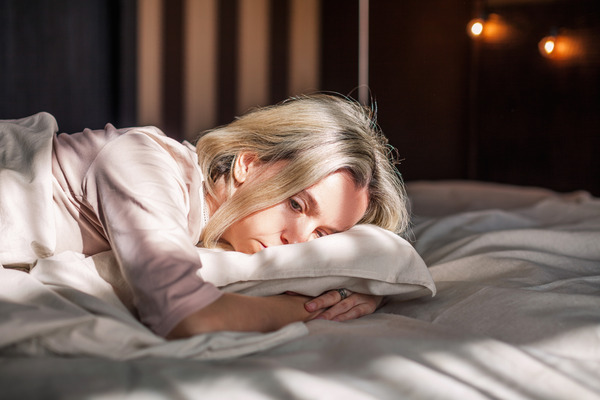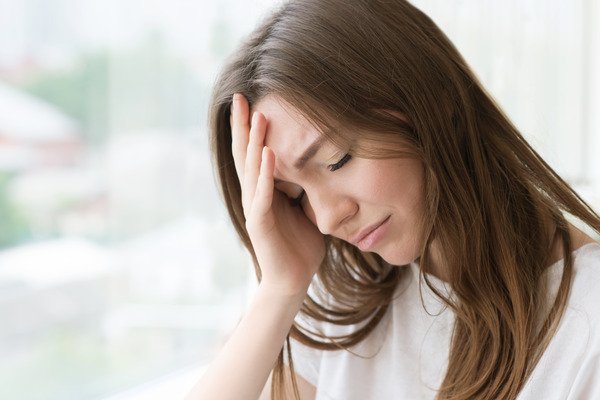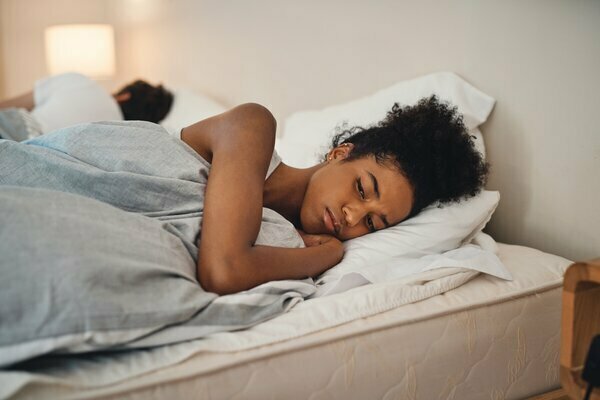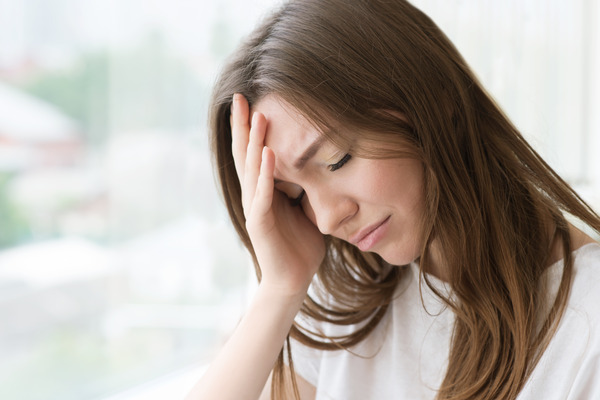Can menopause cause depression? Why are menopause symptoms related to depression? Find out how to manage depression during menopause.
The menopause and depression It is usually closely related, especially during the early stages of this stage. Research usually relates it to the combination of physiological and psychological factors suffered during menopause. So, how can we deal with depression during menopause?
Is there a link between menopause and depression?
Depression and menopause often share some similarities:
Symptoms of menopause
In many cases, the first symptoms of menopause They are usually experienced around age 50. These symptoms may include:
- Hot flushes
- Night sweats
- Palpitations
- Urinary incontinence
- Vaginal dryness
- Depression
Depression symptoms
Some signs of depression that we should consider during menopause:
- Changes in appetite
- Thoughts of harming yourself
- Pain or discomfort
- Stomachache
- Despair
When you experience the depression during menopause, it can be difficult to determine what may be causing these symptoms. This is because these two conditions can cause similar symptoms:
- Sleep disturbance
- Anxiety
- Anger and irritability
- Headache
- Difficult to focus
- Low self-esteem
- Decreased sexual desire
If you identify with these symptoms, it is important that you go to a professional psychologist to receive treatment before this affects your daily life.
What can cause depression in menopause?
Researchers aren’t sure why Depression may be a common symptom of menopause Even so, there are some factors that can contribute to this:
- Changes in the body: During perimenopause, women’s hormone levels change unpredictably. For example, estrogen and progesterone decrease. This can chemically affect the structure and functions of our brain. In fact, estrogen increases the effect of neurotransmitters such as serotonin and norepinephrine, two substances that help us regulate our mood.
- Psychological and social impact: Some women may feel that menopause and aging are two negative things. Furthermore, these feelings can end up affecting women’s mental health.
- Other health factors: Other health-related factors can influence the risk of depression. For example, chronic health conditions, having an unhealthy lifestyle, or having undergone surgical menopause.
Can menopause cause anxiety?
Research often suggests that menopause can cause depression, but in the case of anxiety, this connection is less clear. Still, there is evidence that women are more likely to experience panic attacks during and after the menopause transition. But these symptoms may be due to difficulty distinguishing between panic attacks and hot flashes, a common symptom of menopause. For some women, hot flashes may be preceded by a feeling of panic or a feeling of doom. What may be a symptom of experiencing anxiety during menopause
What is the treatment for depression during menopause?
ANDl treatment of depression during menopause It often involves a combination of antidepressants and psychotherapy:
- Drugs: Doctors may suggest selective serotonin reuptake inhibitors (SSRIs) or serotonin norepinephrine reuptake inhibitors (SNRIs) to deal with mood changes that can occur with menopause. These drugs help change neurotransmitter levels and can reduce symptoms of depression.
- Psychotherapy: Psychological therapy will help us identify the factors that contribute to depression during menopause, such as lifestyle or stress. Going to a psychological consultation can help you understand and manage emotions.
Tips for coping with depression during menopause
Some of the tips we can follow to face the depression during menopause are the following:
- Exercise regularly: As we have mentioned, one of the factors that can contribute to experiencing depression during menopause, are hormonal changes. Performing regular physical exercise can help us balance these changes.
- Reduce the consumption of certain substances: Caffeine, alcohol or tobacco can enhance some of the physical and psychological symptoms experienced during menopause. Therefore, its reduction can be beneficial during this stage.
- Practice relaxing activities: Relaxation techniques can reduce the stress that is often felt during menopause. In this way, practicing yoga, meditation or tai-chi can help you deal with these changes.
- Go to therapy: The help of a professional psychologist can allow you to understand those symptoms that are part of menopause and learn to manage the emotions that may arise due to hormonal changes.
The menopause It is a stage that all women will have to go through at some point in our lives. All the changes they entail can end up affecting our mental health, so it is very important to take care of ourselves inside and out.











